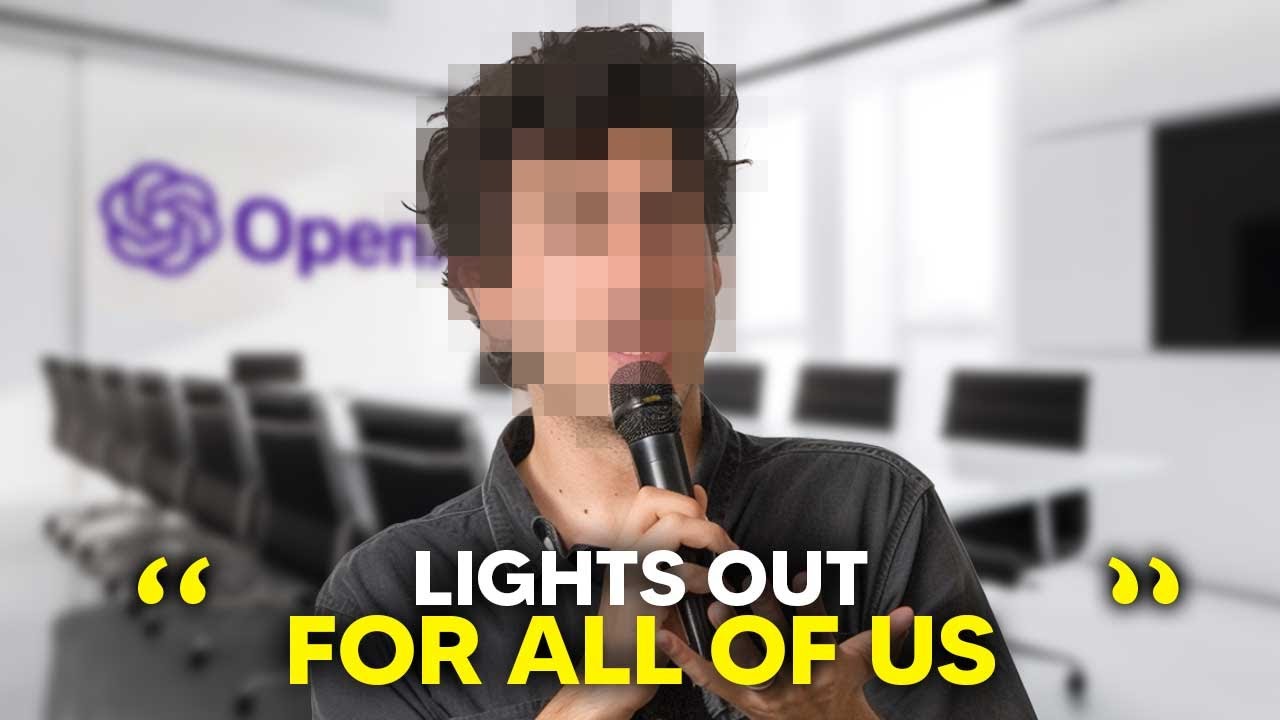The video discusses California Senate Bill 1047, which aims to regulate advanced AI systems by requiring safety assessments and compliance audits, sparking debate among industry leaders, including former OpenAI employees who express concerns about the bill’s potential to stifle innovation. Key figures like OpenAI’s CEO Sam Altman have shifted their stance on regulation, raising questions about the balance between ensuring safety in AI development and fostering innovation in the rapidly evolving tech landscape.
The video discusses California Senate Bill 1047, known as the Safe and Secure Innovation for Frontier Artificial Intelligence Systems Act, which aims to regulate advanced AI models that require significant investment, specifically those costing over $100 million to train. The bill mandates developers to conduct safety assessments, certify that their models do not enable hazardous capabilities, and comply with annual audits and safety standards. A new regulatory body, the Frontier Model Division within the Department of Technology, would oversee compliance and impose penalties for violations. The bill has sparked controversy, with proponents arguing it is necessary for safety, while critics claim it could stifle innovation and concentrate power among large tech companies.
Key figures in the AI industry, including former OpenAI employees, have expressed concerns about the implications of SB 1047. The whistleblowers argue that OpenAI’s recent lobbying against the bill contradicts its previous stance on the need for regulation. They highlight the potential risks of developing advanced AI systems without adequate safety measures, citing the possibility of catastrophic harm to society. The whistleblowers emphasize that the rapid advancement of AI technology necessitates public involvement in decisions regarding high-risk AI systems, which SB 1047 aims to facilitate.
The video also features statements from OpenAI’s Chief Strategy Officer, Jason Quon, who initially supported regulation but later expressed concerns that SB 1047 could hinder California’s growth in the AI sector. Sam Altman, OpenAI’s CEO, has previously acknowledged the need for regulation but has recently opposed the specific requirements of SB 1047. This shift in position raises questions about OpenAI’s commitment to safety and responsible deployment of AI systems, especially given the rapid pace of AI development.
Anthropic, another AI company, has also weighed in on the debate, acknowledging the serious risks posed by advanced AI systems and the need for regulation. They argue that existing regulatory frameworks often fail to address the unique challenges posed by rapidly evolving AI technologies. Anthropic advocates for adaptable regulations that can keep pace with advancements in the field, emphasizing the importance of transparency and public accountability in ensuring safety.
Overall, the video highlights the ongoing tension between the need for regulation in the rapidly advancing AI landscape and the concerns of industry leaders about potential stifling of innovation. The discussion reflects broader anxieties about the implications of AI development and the necessity for a balanced approach that prioritizes safety while fostering innovation. The future of AI regulation remains uncertain, with many experts suggesting that meaningful legislation may only emerge in response to a significant incident or crisis.
